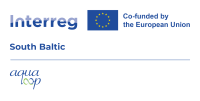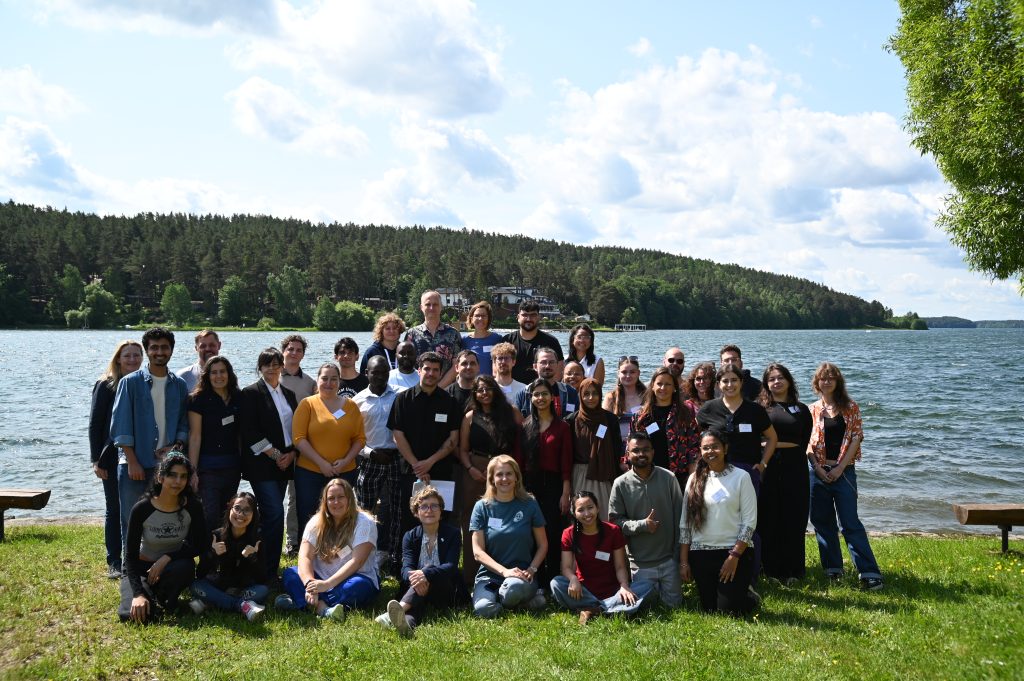From June 6–8, 2025, the University of Gdańsk hosted the BBT Baltic Hackathon – a three-day innovation event held as part of the Blue BioTechpreneurs (BBT) project. The hackathon focused on developing creative, actionable solutions to real-world challenges faced by the blue economy sector, particularly in aquaculture, submitted by European entrepreneurs.
Organized by the University of Gdańsk—an AquaLoop project partner—the event featured a challenge co-developed by the AquaLoop initiative: “What’s the secret to building an energy-efficient recirculating aquaculture system (RAS) in the Baltic area?” This challenge was introduced by a member of the AquaLoop Project Advisory Board.
Other key challenges addressed during the hackathon included:
- How can we make recirculating aquaculture system (RAS) production in the Baltic area more appealing?
- Can we find a sustainable alternative to mica (used in cosmetics) sourced from the Baltic region?
- How can offshore wind farms in the Baltic be inspired to invest in regenerative ocean farming?
- How can we raise healthier fish with fewer treatments in intensive RAS systems in the Baltic?
The event brought together 25 master’s and doctoral students from 15 European countries, along with mentors from six companies, startups, NGOs, international project representatives, BBT project facilitators, and external experts.
48 hours of intense collaboration—hosted at the Faculty of Oceanography and Geography and the Water Monitoring and Protection Centre at the University of Gdańsk—participants developed five innovative solutions. These were highly commended by the judging panel for their creativity and potential impact.
The winning team was awarded a series of mentoring sessions sponsored by the UG Center for Sustainable Development and the UG Technology Transfer Center. Additional prizes and gifts were made possible thanks to the support of the University of Gdańsk and the Polish Association of Salmonid Fish Producers.
Feedback from participants—including students, mentors, and partners—highlighted the event as a resounding success in both organization and content. Attendees praised the professional atmosphere, the high level of engagement, and the shared commitment of everyone involved. The strong enthusiasm from both challenge owners and participants underscores a promising future for the blue economy—particularly in advancing innovative aquaculture—driven by the next generation of changemakers.
Thank you all for cooperation!
Special acknowledgments to the BBT project!

